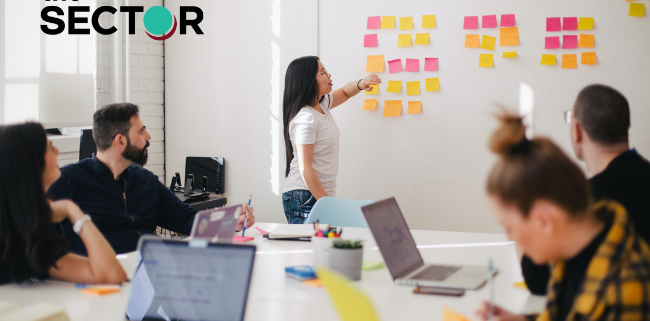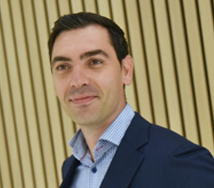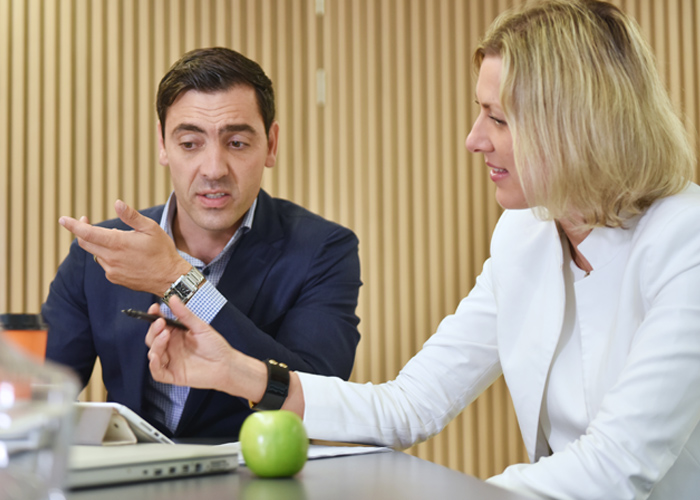To determine if your social enterprise idea will work, you need a feasibility study. It is not a guarantee of success but you can reduce the risks you take through research and planning before you commit yourself.
Feasibility studies are just as critical for social enterprises as any other form of business. In fact, a thorough feasibility study will be very useful when looking for funding for an idea.
What is a Feasibility Study?
Every business needs a plan. A feasibility study will look at the product or services you plan to sell and will indicate whether the business will be viable or not. This study will consider the options for production or delivery, location, the market for the services, and preferences from a social, economic, and environmental perspective.
How do you do it?
A feasibility study is not as daunting as it might sound. Often most of the answers are already known and it is just a case of writing them down in a sensible order.
You can find government statistics to back up your claims, or reports from newspapers or trade bodies to show there is a market. You can also find organizations elsewhere that have tried something similar.
It is often a smart idea to undertake some new research to prove that people want what you are offering. Surveys can be either qualitative or quantitative – this means they can either ask open-ended questions to gain a general understanding of how people feel or ask multiple choice style questions to gain a factual/statistical answer.
There are two main techniques for gathering updated information:
Questionnaires delivered door-to-door, via telephone, with focus groups, or as street surveys
Face-to-face interviews either with individuals or focus groups
There are pros and cons to each type of method to be considered when choosing which ones to use.
The feasibility study looks at:
Goods or services you want to deliver
Costs to produce the goods or deliver the service
What demand there is for the goods or service
What’s the Unique Selling Point (USP) that will attract customers
How you will distribute the goods or service
What competition are you up against
What you will charge your customers
Whether there are enough customers that will pay for your goods or service
What to Include in your Feasibility Study
Some of the basic questions you should be asking yourself are listed below but you will no doubt come up with others as well. It doesn’t matter how simple the question may appear, you should still make a note of it and search for an answer.
1) Customers
People often assume that they know their customers but it is a wise idea to research them and not make assumptions.
Who are my potential customers?
Where are they?
How many of them are there?
How much and how often do they buy my type of goods/services?
What is the most effective way to reach them?
Who else is/will compete for their business?
You may be able to answer these questions yourself, but it is likely you will need to conduct a survey to prove your assumptions.
2) Goods and services
Define the product or service you are trying to produce/provide.
How much will it cost to produce/provide my goods or services?
Can I afford it? Are they what my customers want?
Are they what my customers want?
What do my products/services have that makes them different enough to give me the edge over my competitors? (This is often called the Unique Selling Point).
How will I distribute my goods? Who will do it? How much will it cost?
3) Competitor analysis
It is helpful to know who your competitors.
Who are they?
Where are they?
What do they charge?
Is there any potential to collaborate with them?
How will they react to the competition?
4) Income and pricing
You will need to work out what level of income you can expect from providing the goods/services. Again, the end users of your activities may not necessarily be paying customers. You will need paying customers to cover the costs of the activities you propose to deliver.
What should I be charging my customers?
What are my terms and conditions of sale?
What are my competitors charging?
Will my customers pay what I’m asking?
Can I produce/provide as much as they want and when they want it?
What ‘markup’ will I have? I.e. how much will I charge above the costs of production)
5) Location
The location of a social enterprise is often linked to an organization, but it is critical to think about the effect of location on the viability of the business.
Where should I be located?
What are the advantages/disadvantages of being in that location?
What will I need for the premises (machinery, equipment, fixtures, fittings, etc)?
Will I need any vehicles?
How much will it all cost me?
What are the costs of refurbishing a building, if necessary?
6) Suppliers
You will need to understand what goods or services you will need to purchase.
Will I need any suppliers?
Do I know where they are?
Do I know how much they charge and what their payment terms are?
Are they reliable?
Do I know anyone who uses them?
7) Staff
You need to be clear about what people you will need to run the business.
Will I need to employ anybody?
Do I know what that involves?
Do I know how much it costs?
What skills will they need?
Do I know anyone with the right skills?
Where will I find the right people? Will I need to use an employment agency or advertise myself?
What qualifications will my staff need, and what training will I need to provide for them?
8) Regulations
A license is required for many businesses. For example, you need a license to run a hotel, a guesthouse, a mobile shop, or a hairdresser. You should always check whether your business requires a license to trade.
Do you need to comply with any regulations? For example, building regulations, health and safety regulations, gambling regulations, etc.
Do you need any licenses?
Will they cost me anything (in terms of time and/or money)?
How long will it take to get the necessary licenses?
9) Patenting/copyright/trademarking
Do you need to protect your ideas?
How much will it cost?
10) Legal
Deciding on the constitution of your business can have a significant impact on how it is managed and its relationship to any ‘parent’ organization.
What type of business should I be setting up (limited company, LLP, charity, co-operative)?
What are the advantages and disadvantages of each option for me?
What are the costs?
11) Profit
Profit is often seen as a dirty word in the voluntary / community sector, but for a social enterprise to be viable it will need to make a profit. What the company does with that profit is another issue!



